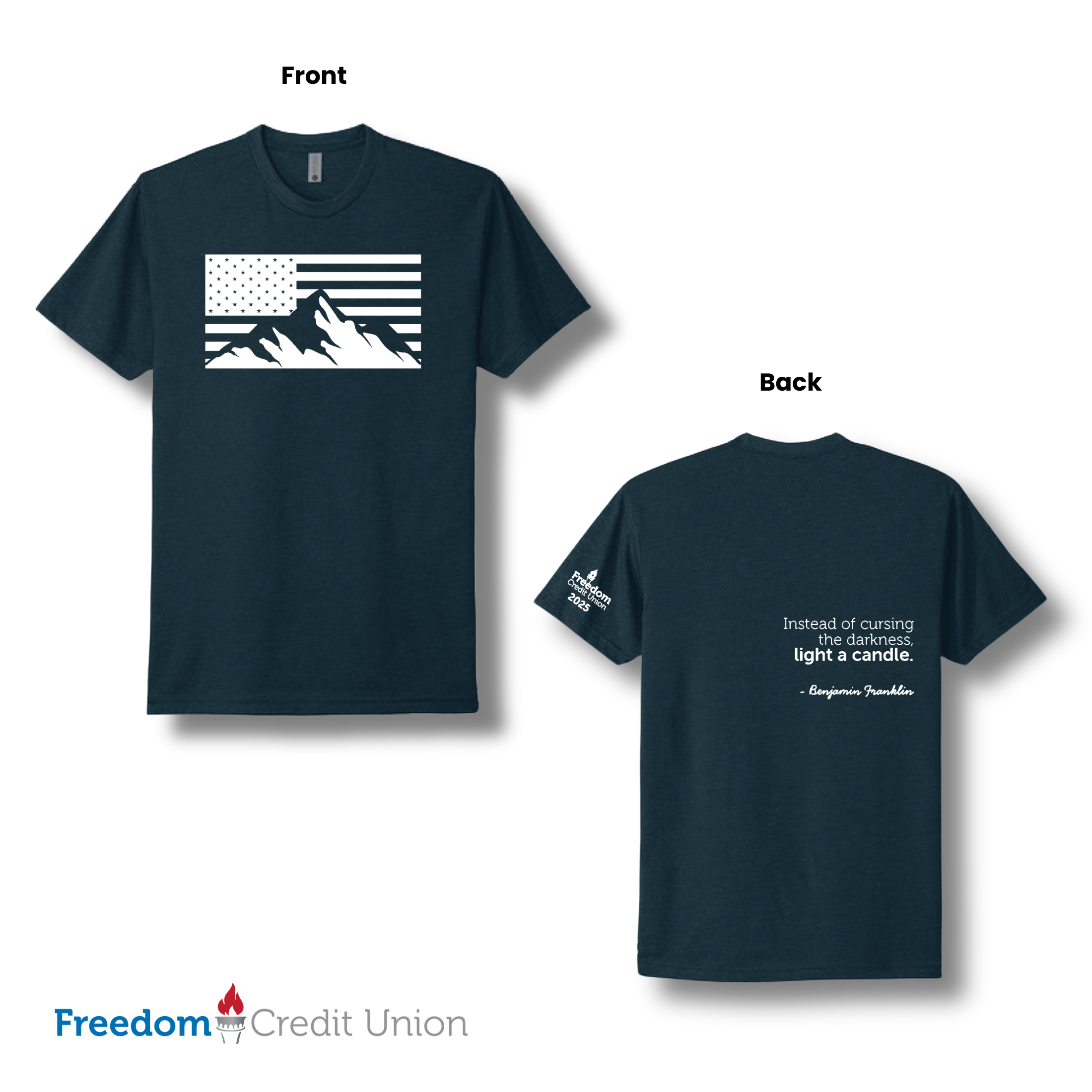If you’re new to credit unions, some of the terminology can sound a little unfamiliar compared to traditional banking. Don’t worry—we’re here to break it all down and show you that the language of credit unions is designed with you, the member, in mind. Let’s dive into some common terms and what they mean.
Member
In a credit union, you’re not just a customer—you’re a member and part-owner. This means you have a say in how the credit union is run, typically by voting for the board of directors. Membership often requires opening an account with a small deposit, which makes you eligible for all the services the credit union offers.
Share Draft
This is credit union lingo for a checking account. Just like a traditional checking account, it allows you to write checks, use a debit card, and manage your day-to-day transactions. The term “share” reflects your ownership in the credit union, while “draft” refers to the withdrawal of funds.
Base Shares
When you join a credit union, you typically open a base share account with a small deposit, often $5 to $25. This deposit represents your share of ownership and establishes your membership. Think of it as your ticket to access all the benefits of the credit union.
Share Certificates
A share certificate is similar to a certificate of deposit (CD) at a bank. It’s a savings tool that allows you to deposit money for a fixed period, earning a higher interest rate than a regular savings account. The longer the term, the higher the rate. When the term ends (matures), you can withdraw your money plus the interest earned.
Dividends
Instead of earning “interest” like at a bank, credit unions pay dividends on your savings. Dividends work in a similar way, but they reflect the fact that you’re earning a return as a member-owner of the credit union.
Field of Membership
Credit unions often have a specific field of membership, which defines who can join. This might be based on where you live, work, or go to school, or through membership in an affiliated organization. Don’t worry—many credit unions have broad eligibility requirements, making it easy to qualify.
NCUA Insurance
Just like banks have FDIC insurance, credit union deposits are insured up to $250,000 by the National Credit Union Administration (NCUA). This ensures your money is safe and secure.
Loan Terms
Credit unions often use straightforward language when it comes to loans and rates. Because credit unions are not-for-profit, they can usually offer lower rates on loans and credit cards and higher returns on savings.
Why Does the Lingo Matter?
The unique terminology reflects the cooperative structure of credit unions. Unlike banks, which are owned by shareholders, credit unions are owned by their members. The focus is on providing value to members, not maximizing profits. Navigating the world of credit unions is simple once you understand the terminology. At its core, it’s all about community, ownership, and financial empowerment. If you ever hear a term you’re unfamiliar with, don’t hesitate to ask—Freedom Credit Union is there to help you every step of the way!
Not a member of Freedom Credit Union? Join today!


